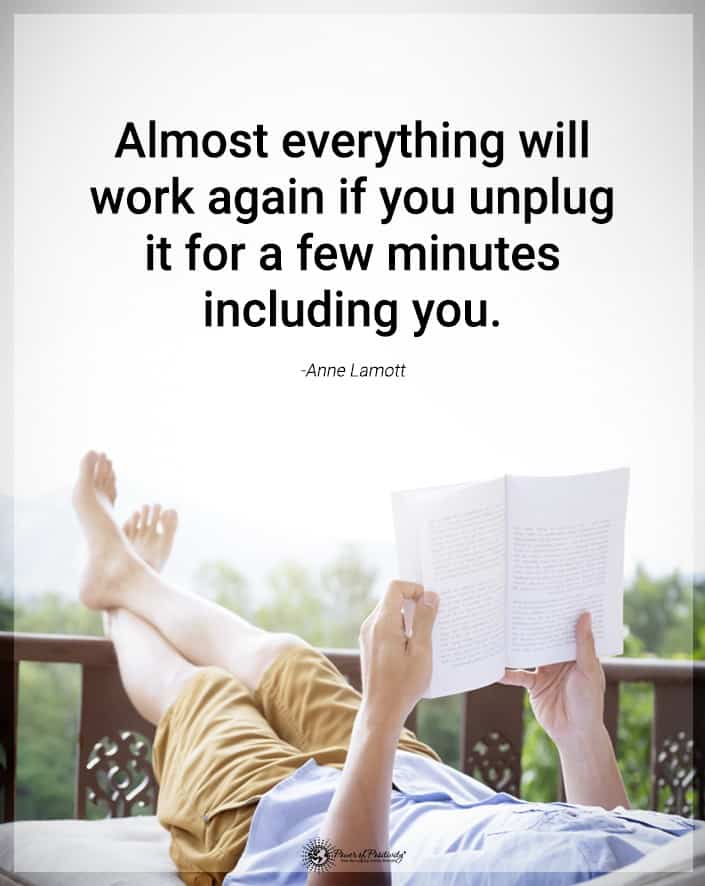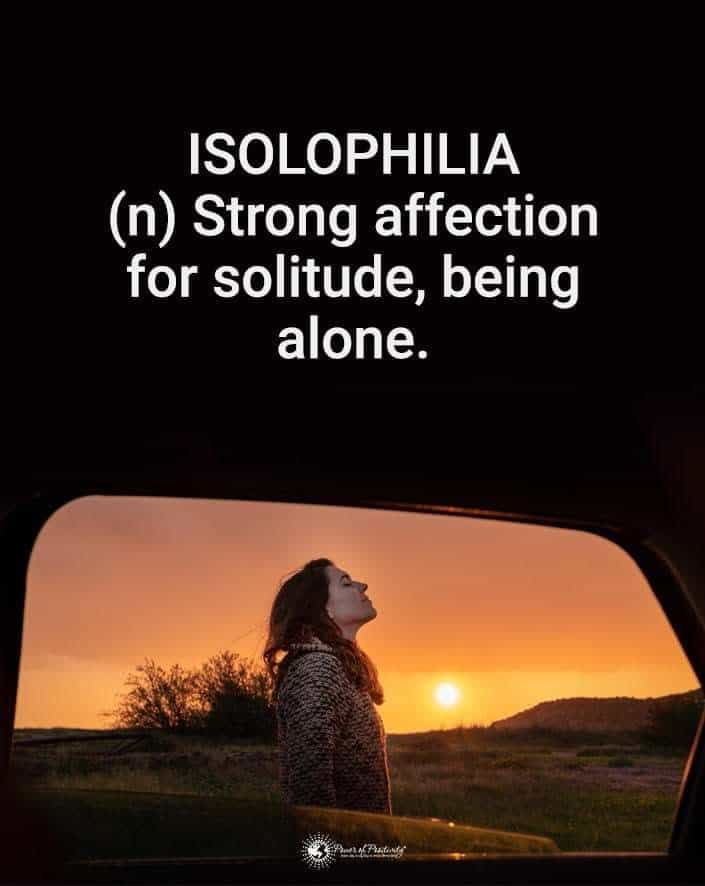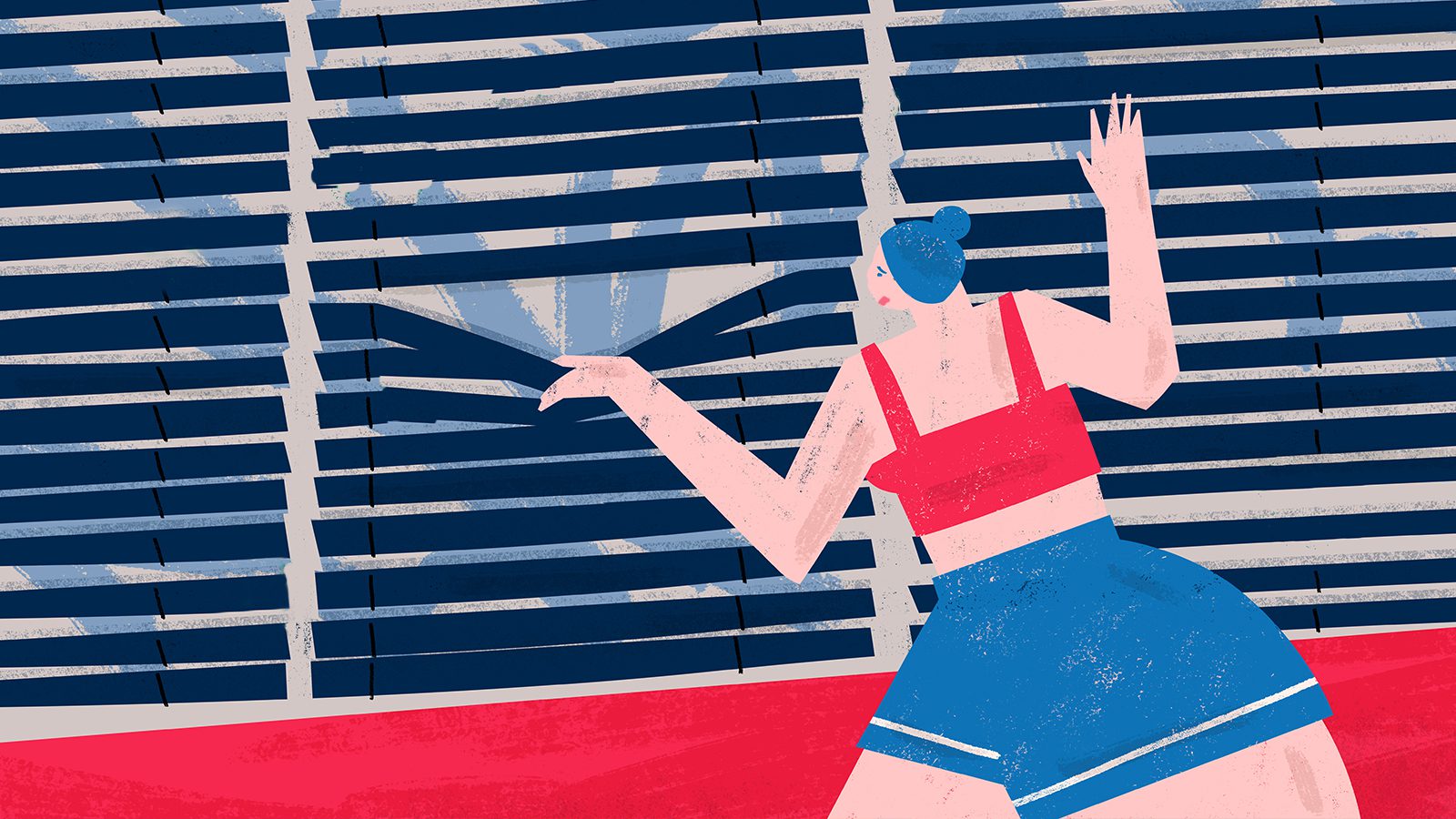Introverts and extroverts can seem a world apart. To an extrovert, an introvert can seem confusing, especially with all their solitude and quietness. Since introverts keep to themselves, extroverts might not have the chance to know what their friend is thinking.
Meanwhile, introverts are getting pretty tired of being misunderstood by those who are more outgoing and social than them! Here are ten things about an introverted person an extrovert won’t understand.
1. An Introverted Person Needs Alone Time, But It Is Not Personal
If someone were to define the term extrovert, they might say that person charges their batteries through social activity. For an introverted person, it’s simply the opposite: they get energy from being by themselves. The longer they spend socializing, the more their social batteries drain. To recharge their batteries, they have to spend time by themself.
This need has absolutely nothing to do with the people around them. It’s a personal need that they need to attend to. If they don’t spend time alone, they’ll become fatigued and won’t feel like themselves anymore. Unfortunately, not everyone is very accepting of that behavior! Studies have shown that it’s not uncommon for extroverts to look at introverts and assume that they’re:
- Anxious
- Depressed
- Angry
- Irritated
- Upset
- Sullen or sulky
- Rude
- Dismissive
In reality, the introvert in question wants some time to pick themselves back up. It can be hurtful for an introvert to be accused of negative emotion and intent simply because they need solitude!
 2. They Like To Keep Their Best Stuff To Themselves
2. They Like To Keep Their Best Stuff To Themselves
An introverted person doesn’t have much of a desire to show off their best qualities. They’re okay not being particularly noticed unless they need to step up. An introvert may feel that only certain people are worth baring themselves entirely for.
Extroverts often showcase a lot about themselves to the world. Of course, as all people do, they have lots of depth, but they’re more willing to reveal their deeper layers. This means it can be hard for them to understand why an introvert won’t do the same.
Introverts need proof that a relationship is meaningful before they divest themselves of layers. They also may find power in keeping their best traits hidden, allowing them to take others by surprise. This is especially true in environments like a workplace or school.
3. An Introverted Person Needs Their Personal Bubble
Everyone has a “bubble” of personal space. When this space is intruded upon, it can be jarring and uncomfortable. Extroverts may be able to lower this bubble quickly when necessary. This lets them dole out hugs to near-strangers or feel comfortable in a tightly packed environment.
An introverted person isn’t able to lower this bubble as quickly. They need their personal space and can become very drained when they don’t get to have it. This is also why they tend not to like crowded parties. Sometimes it’s not just about the social aspect, but about the space they need.
An introvert’s preferred forms of showing affection tend to happen from a distance. Pay attention, and you’ll see them!
4. They Don’t Always Want To Be Alone
The standard depiction of an introverted person involves a lonely person barely leaving their room. That’s not at all an accurate portrayal of a true introvert! Studies show that introverts have plenty of meaningful relationships with others. They’re more than happy to devote their time and attention to those bonds!
Almost no one wants to be alone all of the time. Extroverts will do well to remember that introverts are people, too – just with different social priorities! An introvert needs more “me time” than an extrovert, but they still have typical social desires.
5. An Introverted Person Is Not Necessarily Shy
A lot of extroverts believe that an introvert is automatically a shy person. But that’s not the case! There is a vast difference between these traits. For comparison:
- A shy person may be apprehensive or nervous about talking to others. On the other hand, an introvert wants to get to know someone more closely before engaging in more conversation with them.
- A shy person may be quiet due to their shyness and apprehension. On the other hand, introverts are silent because they don’t enjoy small talk and want to think well before they speak.
- A shy person may also experience symptoms of social anxiety or have difficulty in social situations. Conversely, an introvert can thrive in a social setting, only craving solitude due to tiredness.
- A shy person may want to engage with others more but lack confidence. However, those who tend towards introversion are naturally more inward-turning and reserved and don’t desire to engage more.
It’s true that some introverted people experience social anxiety or are shy. They’re not mutually exclusive experiences. But extroverts should take care not to conflate the two!
 6. They Crave Intellectual and Emotional Depth
6. They Crave Intellectual and Emotional Depth
Introverts notoriously dislike small talk, superficial people, and things with little substantial meaning. They’re naturally deep thinkers and enjoy the process of learning.
More than anything else, introverts want to be genuinely and deeply seen by those who matter. They want to connect to people on a deeper level. But they’re also acutely aware that many people in the world won’t try to see beneath their exterior. Plus, given their limited social energy, they can be somewhat picky about who they want to bond with.
This is why introverts are happy to continue their quiet, reserved behavior. The right person to befriend or pursue will not dismiss them simply because of their silence. That person will patiently take the time and effort to forge a connection. That’s when an introvert knows something meaningful is beginning to form – and then they’re all in.
7. There’s Always Something Behind The Scenes.
An introvert’s silence isn’t a sign of low intelligence. In fact, it’s quite the contrary! Many of these folks are very reflective and like deep thinking. They don’t see the point in airing their thoughts, though. They want only to speak meaningful things and not to be judged for their less well-defined thoughts.
Essentially, an introverted person’s gears are always turning. They’re working overtime to collect information and form ideas from them. This isn’t to say that introverts are calculated or cold. They like to keep their brain heavily occupied as much as possible!
8. They Have A Lot Of Fun
Extroverts have fun by being social. They might even think introverts need to learn to have fun and let loose. But introverts do have fun, and they’re often lots of fun to hang out with.
Sure, introverts are quiet in rowdy, crowded, and high-energy social environments. This is because the five senses are the best friends of the introvert, meaning that they have fun through observation. Research suggests that this means introverts:
- Like listening to information and reflecting on that.
- Enjoy sitting back, relaxing, and observing various environments.
- Love being a witness to fun shenanigans.
- Make people feel welcome by being empathetic and interested in receiving information.
Of course, to an extrovert, that can sound pretty boring. One has to accept that both sides of the spectrum like to have fun in different ways!
9. Introverted People Don’t Hate Others
For some reason, some extroverts have the idea that introverts hate people. Sure, extroverts can acknowledge that an introverted person will have a few close friends who matter. But there’s also this idea that introverts only want to be around “their people” and heavily dislike humankind as a whole.
This is a really silly way to look at introverts–they aren’t unfriendly by nature. Research shows that people of this personality type:
- They are highly interested in other people.
- Enjoy deep and meaningful conversations with others.
- Will open up and talk happily in a space where they feel safe.
Basically, if extroverts give introverts a chance, they’ll see just how vibrant and compassionate the “quiet ones” can be!
10. Demanding That They Change Will Dull Their Shine
A lot of introverts find that people view their behavior as something that must be fixed. Throughout their lives, various people may have forced them to act more like an extrovert. This pressure can come from teachers, parents, bosses, friends, bullies, and different authority figures.
These actions stem from a misunderstanding of what introverts are. They hear they should “get over” their quietness, which is mistaken for social anxiety, shyness, and agoraphobia. Of course, as we’ve already covered, those things aren’t automatically synonymous with introversion. It’s not possible for these folks to completely subvert this vital facet of themselves!
Being treated this way can be damaging to an introverted person. They may lose interest in the field where this pressure exists. They might perform poorly due to being discouraged or having trouble acting as instructed. All-in-all, telling a person to change the core of who they are is unhealthy!
Extroverts who don’t quite understand introverts should try their best to avoid demanding this change from introverts.
How Extroverts Can Be More Understanding
It can be helpful for extroverts to remember:
- An introverted person’s strengths shine most when they aren’t being pressured.
- It’s simply rude to tell someone that they’re too quiet, too dull, or that they should speak more.
- Severe problems like genuine social anxiety, extreme shyness, and agoraphobia are not random people’s business to comment on.
- Being patient with your introspective friend can be rewarding and you’ll see that you’re not so different after all.
- If you want to hear introverts speak, you shouldn’t interrupt them in your excitement, as this may discourage them.
- Introverts often want to think and need time to process things before speaking, and rushing them will hurt their confidence.
- Telling an introverted person to “talk more” is akin to the research-noted act of telling an extroverted person to “stop talking.”
 Final Thoughts On Some Things About An Introverted Person That Extroverts Won’t Understand
Final Thoughts On Some Things About An Introverted Person That Extroverts Won’t Understand
At the end of the day, you’re a human being first. Terms that dictate social preferences shouldn’t stop those on either side from treating each other respectfully. Extroverts don’t need to understand introverts to treat them with kindness and empathy, and vice versa!


















